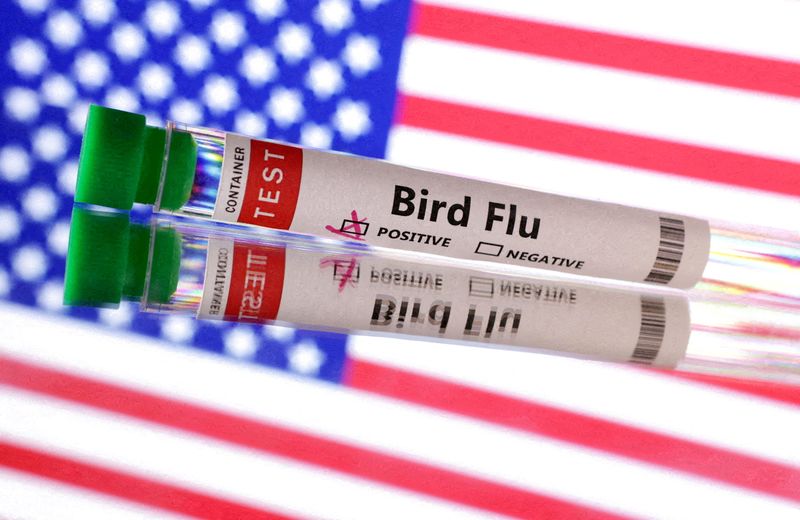Short volatility is a popular trading strategy that seeks to profit from selling volatility through Exchange Trade Notes or listed options. It is understood that the profit comes from the volatility risk premium, i.e. the fact that implied volatility generally overstates actual volatility. Some investors even consider this overstatement a “mispricing”.
Reference [1] examined the index option returns and argued that there is no mispricing in the options market,
First, we find that individual put option returns are not particularly informative about potential option mispricing. The finite-sample distributions are extremely dispersed, due to the difficulty in estimating the equity premium and the highly skewed return distributions generated by put options. In fact, we find that one of the biggest puzzles in the literature, the very large (in absolute value) returns to deep OTM options, is, in fact, not inconsistent with the Black-Scholes or Heston stochastic volatility models. Second, we find little added benefit from using CAPM alphas or Sharpe ratios as diagnostic tools because the results are similar to those from average option returns.
Third, we provide evidence that option portfolios, especially straddles, are far more informative because they are approximately neutral to movements in the underlying. Unlike returns on individual option positions, straddle returns are shown to be inconsistent with the Black-Scholes and SV models with no risk premiums beyond an equity premium. Finally, we find that option portfolio returns are consistent with explanations such as estimation risk or jump risk premiums that arise in the context of models with jumps in prices.
In short, the authors showed that the options prices are consistent with the option pricing models and there is no mispricing. However, we note that in their formulation, the options returns come from the equity premium that is magnified by the embedded leverage. And the equity premium is the difference in the drifts under P and Q measures, which relates directly to the volatility risk premium.
In our view, an important contribution of this paper is to establish a formal link between returns earned from the volatility risk premium and the positive drift in the equity market.
Let us know what you think.
References
[1] Mark Broadie, Mikhail Chernov, Michael Johannes, Understanding Index Option Returns, The Review of Financial Studies, Volume 22, Issue 11, November 2009, Pages 4493–4529
Further questions
What's your question? Ask it in the discussion forum
Have an answer to the questions below? Post it here or in the forum




